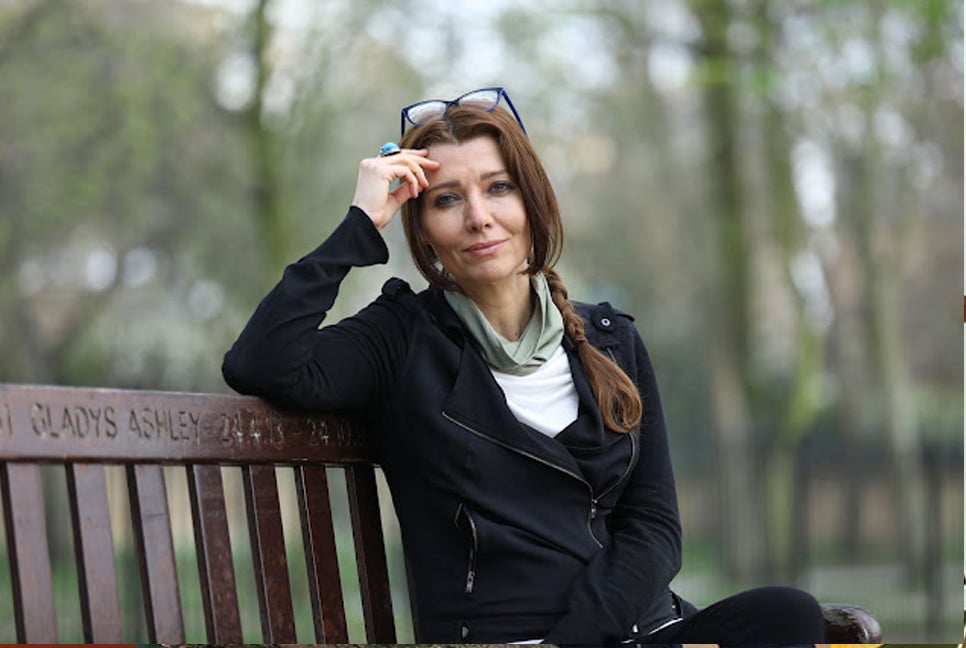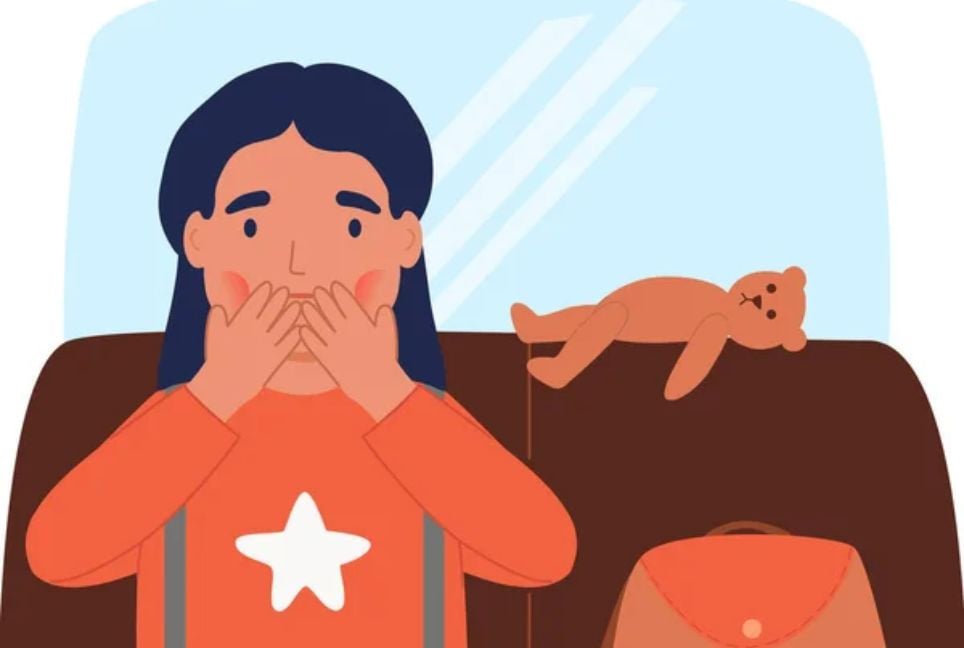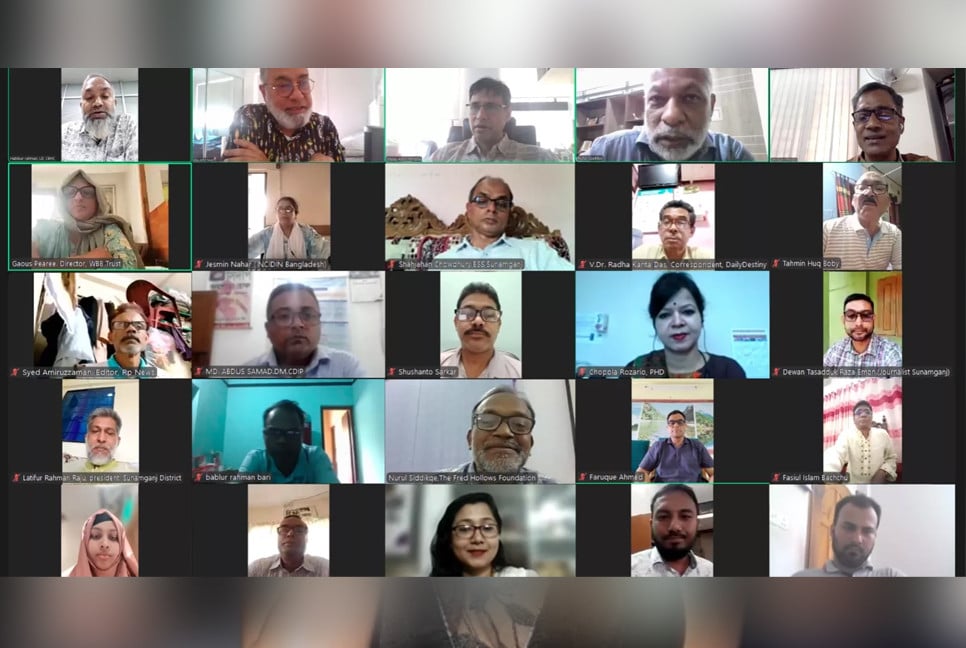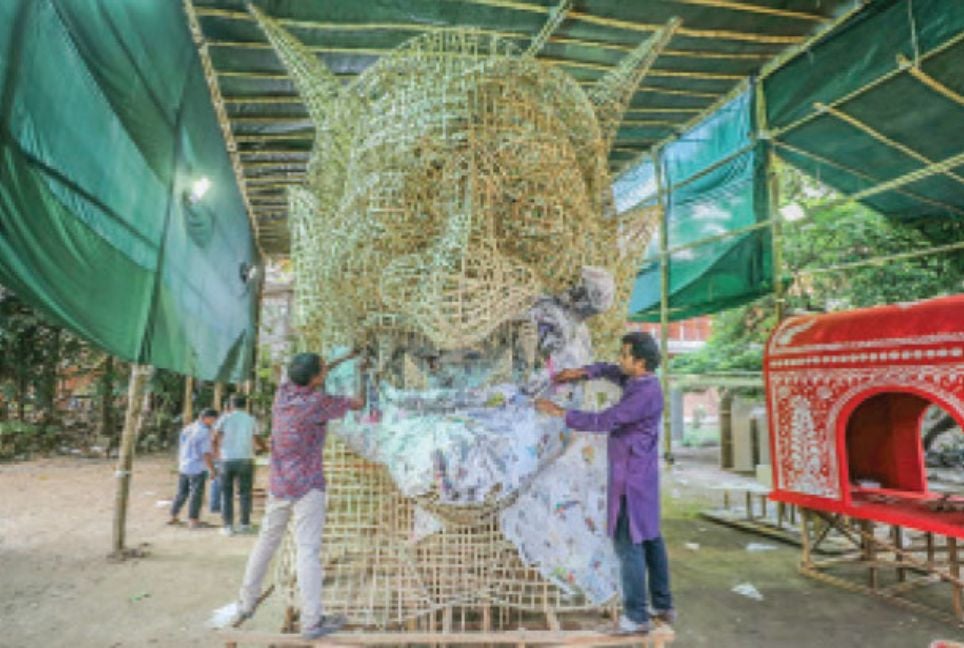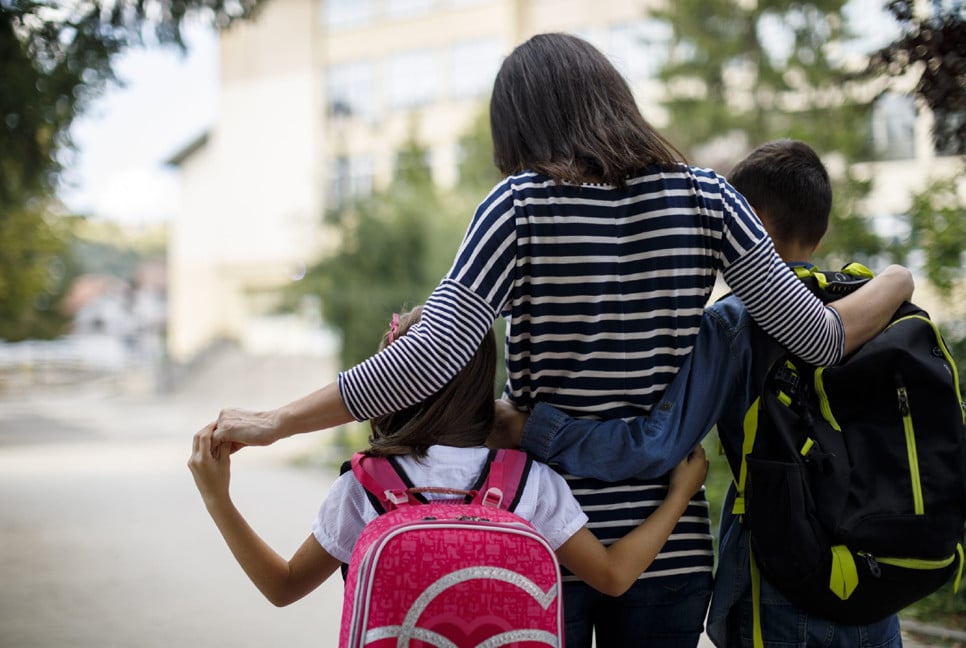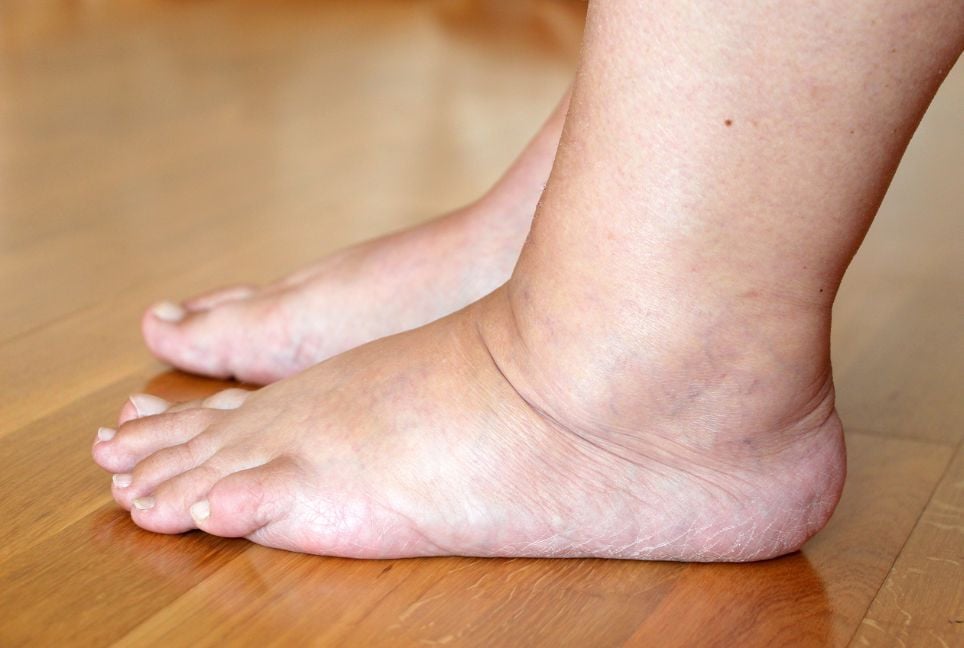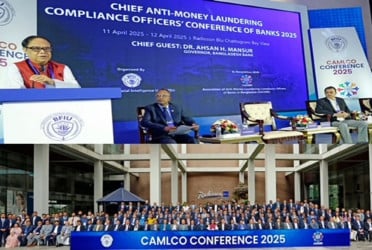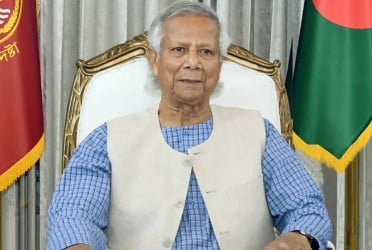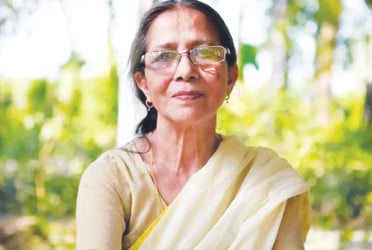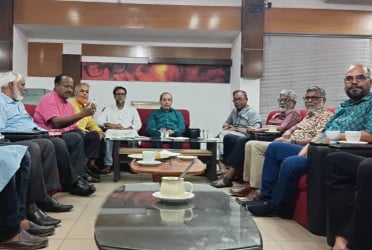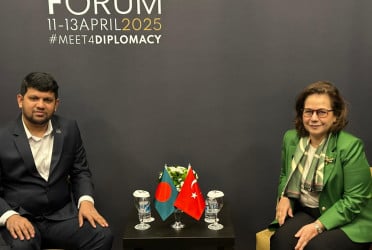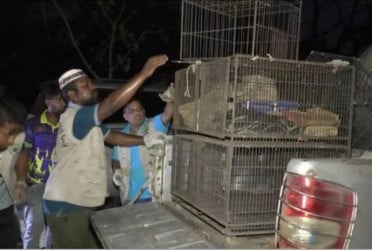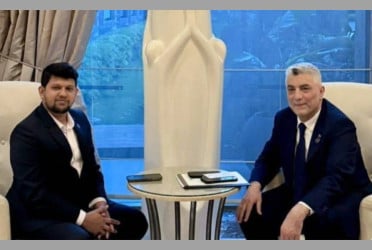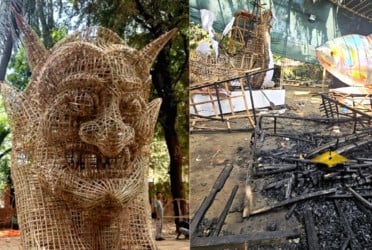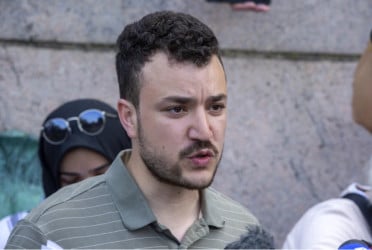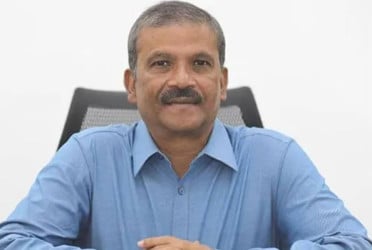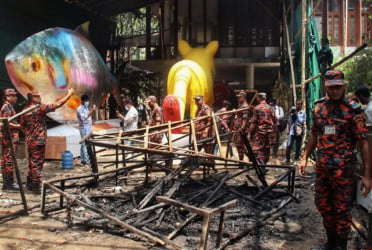Where is home? The question has always intrigued and puzzled me, ever since I was a child. I was born in Strasbourg, France. Of those early years I do not remember much. Fragments of memories, like ribbons attached to a kite, drifting in the air, caught between the pull of a place and the possibility of an elsewhere.
There was a small flat, that much I know. In a high-rise building in a banlieue on the outskirts of the city. University students of multiple nationalities would cook together and hang around – Turkish, Kurdish, Lebanese, Algerian, Egyptian, Tunisian, Albanian, Greek – the smell of strong coffee, cardamom and roasted chickpeas; red wine in tea glasses, the scent of Gauloises.
Heated, passionate stories about history, philosophy, politics and the state of the world. Books and magazines were read out loud, shared and fervently discussed – Louis Althusser, Eric Hobsbawm, Paulo Freire, Frantz Fanon, Jean François Lyotard, Jean-Paul Sartre, though not, as I would come to realise many years on, Simone de Beauvoir. Much later, I would devour her work myself.
It did not last, that world. My parents separated soon after. Back and forth. A lingering sense of disquietude. In the end, my father stayed in France and married again, and my mother brought me to Ankara, Turkey. For her, this was the motherland. A clear return to her roots. But for me it was a new country altogether, where I had to find who I was.
We arrived at my maternal grandmother’s home, a two-storey green house surrounded by a garden with cherry and apple trees in a very patriarchal, conservative, inward-looking neighbourhood. It was different from the flat in Strasbourg in every way. Instead of leftist students, this place was frequented by my grandma’s female neighbours. Together they would read coffee cups and melt lead to ward off the evil eye and talk about djinn and other supernatural creatures. I would listen to their stories, spellbound.
My mother was in a vulnerable situation at the time. Having made the mistake of dropping out of university when she got married, now as a young divorcee, she had no diploma, no money, no support mechanism. Neighbours thought she should be immediately married off, preferably to someone older, so he could “take care of us”. But grandma was opposed to this traditional idea. She said my mother, should she wish to do so, could go back to university, start all over, finish her degree, find her own path in life. She said until my mother was ready, she would take care of me. When I look back I realise how extraordinary this intervention was. Grandma herself had been pulled out of school for being a girl, and now at a crucial moment, she was supporting her own daughter’s education and independence.
My grandmother was not a well-educated woman, and yet she was one of the wisest people I have ever met. She showed me, with her very existence, that one may not have a diploma on the wall but can still be wise; and equally, one may have graduated from the poshest schools and still be quite ignorant.
I lived in that house until I was 10 years old, in the midst of oral stories and folk tales, legends and lullabies, superstitions and a feminine spirituality, which was so different from the rigid, hierarchical and mostly male-dominated religiosity outside the home. I watched and observed these women. I sensed that their superstitions were the shadows of their deepest fears. They came from somewhere in our collective psyche. I treasured the oral stories of the Middle East, the Balkans, Asia Minor, the Levant … stories that were not written down.
But a feeling of not being home, not quite belonging here or there or anywhere, never left me. I always felt like “the other”, the odd one out. There was a word they used when they talked about me – emanet. It meant I had been entrusted to grandma temporarily, and when the time came my mother would take me away. Nothing was solid. I was a sojourner. Not a native. I did not feel like a native anywhere.
When I was 10, my mother, having graduated with flying colours and now holding a job, moved me from Ankara to Madrid. From now on I would attend a very good international school. I was terrified of the change. I did not speak any other language than Turkish. I had to learn Spanish and English with breakneck speed if I was to survive.
My sense of not belonging deepened during my teenage years. I was awkward, clumsy, introverted, unable to keep up with others. It was around those days that I received a book that changed my life: a children’s edition of Don Quixote. I could not connect with the kids in my classroom but I immediately connected with this crazy knight somewhere in La Mancha and his half fool, half wise, but always good-hearted squire. I wanted to travel with them through the towns and villages of Spain and meet all those fascinating characters. They, too, were a little bit lost, a little bit odd, a little bit lonely. It all made perfect sense to me.
Then our landlady gave me another book as a Christmas present: Lazarillo de Tormes. I adored this 16th-century Spanish novella. Something shifted inside me permanently. I found a connection between my grandmother’s stories and the imagination fuelling these novels. For the first time in my life, I found my own roots.
So where is home? For me, home is storyland. That is where we find a sense of belonging, a sanctuary, a motherland.
(Elif Shafak is a world famous novelist and political scientist of Turkey)
Source: The Guardian
Bd-pratidin English/Lutful Hoque

